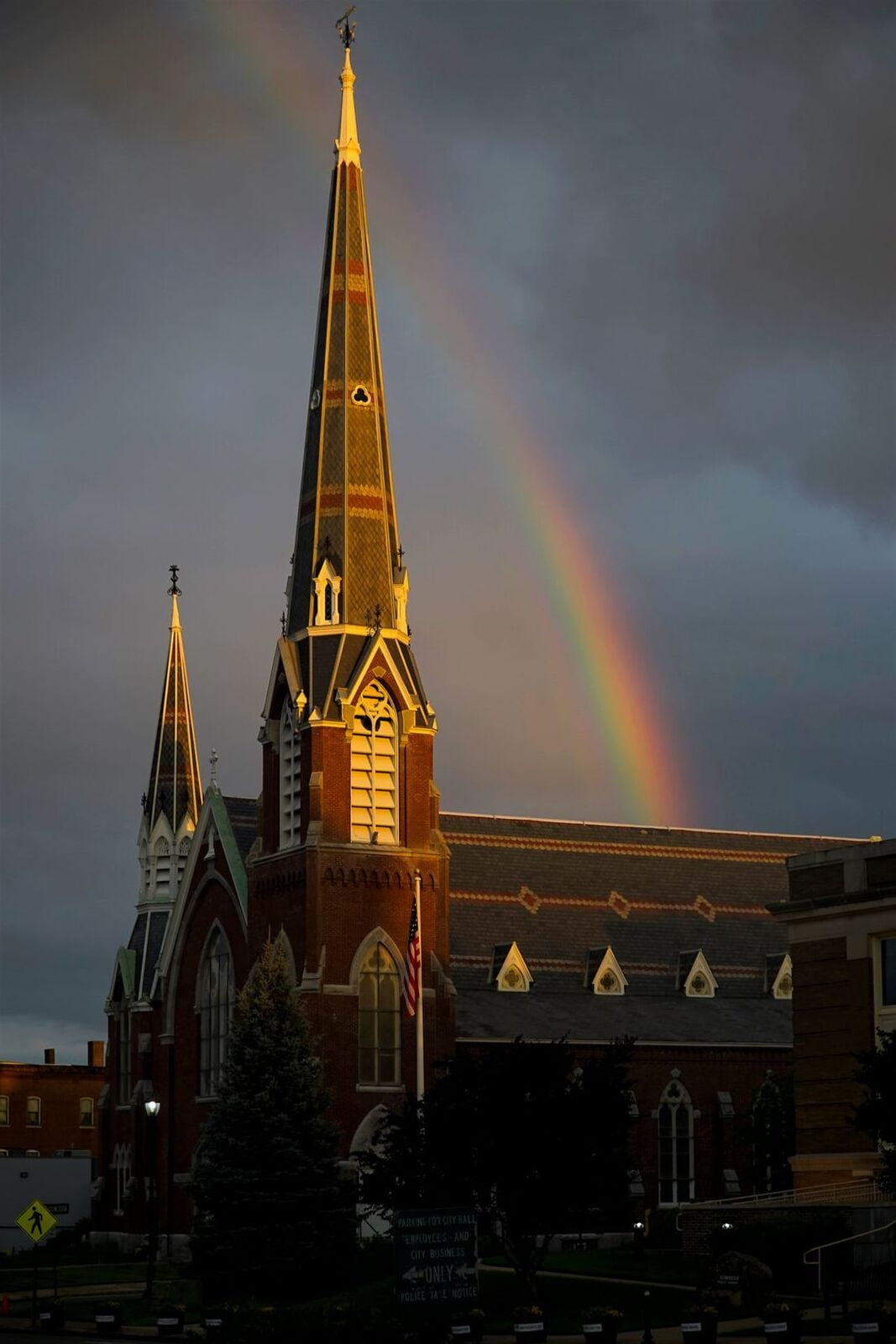From the Pastor's Desk
February 2026
Where do we go from here? No matter your political persuasion, as followers of Jesus, what early believers called "People of the Way," what is happening to our neighbors both in our local communities, our region and places like Minnesota is devastating. People are participating in peaceful protests to resist the ways our government is undertaking its program of mass deportation. We watch as detention centers are built that are mockingly named "Alligator Alcatraz." We witness the seizure of immigrants, fathers and mothers with their young children detained and sent to centers far from their homes. Now, two American citizens who stood with their neighbors to protect them from the possibility of violence erupting in their communities have died.
What is happening breaks my heart. I admit, it is the cruelty that affects me most. Love God, love neighbor, love oneself; these are the core principles of our faith, and it is unfathomable to watch what is happening and not lament. I lament the deep cruelty I witness daily. I lament the violence that is unleashed on vulnerable communities. I lament how easily so many people have come to normalize this behavior and are unwilling to call out the oppression and cruelty they too must see. I do not have memories of Nazi Germany or even what happened at the height of the Civil Rights movement. However, I feel we are at an inflection point in our country where my faith calls me to be an instrument of peace and love.
So, where do we go from here? How can we respond to what is happening that honors the humanity of others and courageously stands against the hate that is being perpetuated on our immigrant neighbors, many of whom are in fact, in this country legally and have not broken any law. I don't raise this to pick a fight or to divide our community. I name if from a deep place of pain and horror for what I am witnessing.
We move forward and heal together. We welcome and anticipate the revelation of God's Good News because if we cannot recognize and hold onto hope we are headed for disaster. I find hope in the thousands of people, clergy in particular, who recently joined their siblings in Minneapolis for a day of resistance and prayer. I find hope in seeing people march through the streets of the Twin Cities, and Boston and Worcester singing songs and praying. I find hope in the network of people who have come together to provide meals and assistance to families that no longer feel safe leaving their homes, whether or not their immigration status is in question. Afraid to go tot he grocery store or send their children to school because of the color of their skin or their accent makes others suspicious. I find hope in people who are willing to move beyond their grieving to continue the dialogue and hold space for people who do not believe as they do. These are challenging times and we make through them together.
I am grateful for writers and musicians who are able to express what others cannot put into words. I am grateful for the invitation to join our neighbors in the resistance, to work for unity and love and peace in our communities. I am grateful that we love one another deeply enough to express how we feel and trust that God is in the midst of it, revealing how we can be part of bringing in the beloved kingdom. As people who continue to follow Jesus, I invite you to open space for lament, to pray for peace and reconciliation and for God to soften the hearts of those who inflict violence on our siblings. We are in this together. May it be so!
Peace,
Rev. Lynne

.png)